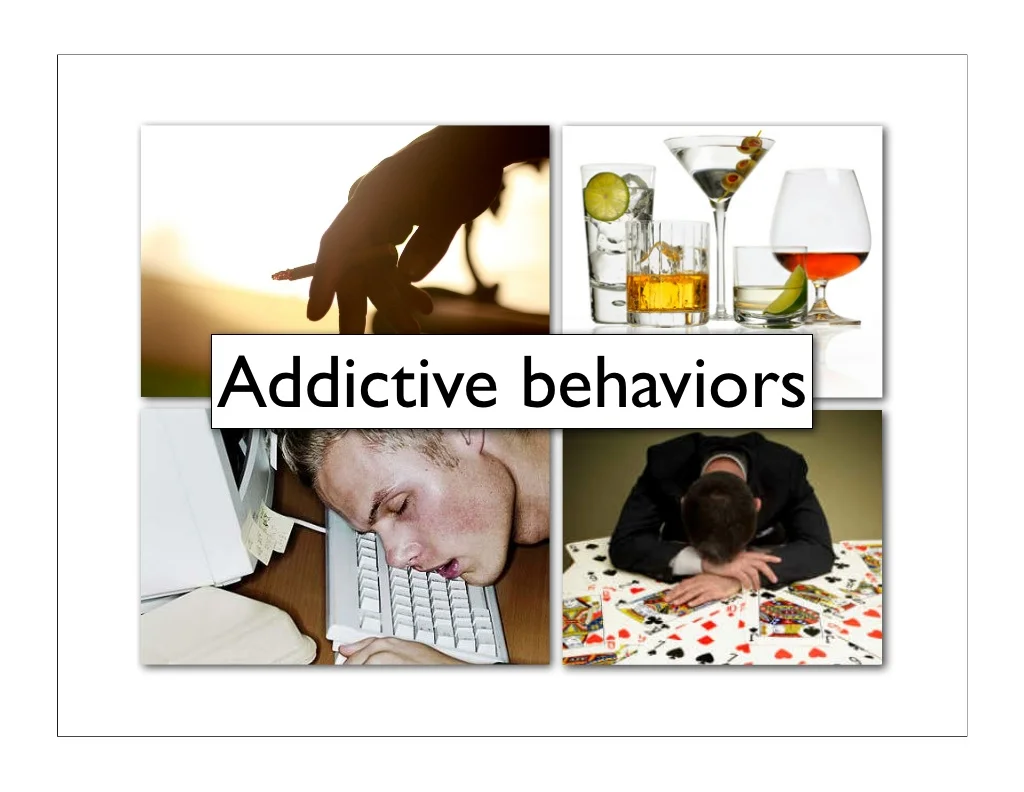
Leadership often comes with prestige, influence, and authority, but these advantages can also mask underlying vulnerabilities. A growing body of evidence suggests that individuals in leadership roles are at an increased risk of developing addictive behaviors. This correlation between power and dependency stems from the unique pressures, psychological shifts, and environments that accompany positions of authority.
The Weight of Responsibility
Leadership roles demand constant decision-making, accountability, and performance under scrutiny. Executives, politicians, and other leaders are frequently required to manage crises, navigate complex interpersonal dynamics, and achieve high-stakes outcomes. This relentless responsibility creates stress and emotional exhaustion, which can prompt some to turn to substances or behaviors as coping mechanisms. Alcohol, drugs, or compulsive habits such as gambling may provide temporary relief, but over time, these coping strategies can become dependencies.
Isolation at the Top
Another contributing factor is the isolation that often accompanies positions of power. Leaders frequently operate in a bubble, surrounded by subordinates who may not fully empathize with their challenges or provide genuine emotional support. Trusted confidants become scarce, leading to loneliness and a sense of alienation. This lack of meaningful connection can make leaders more vulnerable to addiction as they seek solace in substances or compulsive behaviors to fill the emotional void.
Power and Risk-Taking
Power can distort an individual’s self-perception, leading to overconfidence and a diminished sense of vulnerability. Leaders may feel invincible, believing they can control their impulses or avoid the consequences of risky behaviors. This sense of invulnerability can lead to experimentation with substances or actions that eventually spiral into addiction. Moreover, the risk-taking traits that often propel individuals into leadership positions—ambition, decisiveness, and boldness—can also predispose them to engaging in risky, addictive behaviors.
Cultural Norms and Accessibility
The environments surrounding leaders can further exacerbate the risk of addiction. High-powered industries like finance, entertainment, and politics often normalize excessive lifestyles. Access to wealth and resources makes it easier for leaders to indulge in addictive behaviors without immediate consequences. Social settings that involve heavy drinking, drug use, or other risky behaviors can create a culture of acceptance, blurring the lines between occasional indulgence and dependency.
The Double-Edged Sword of Authority
Leadership itself may be addictive. The adrenaline rush of high-stakes decision-making, the constant validation from achievements, and the intoxicating allure of influence can create a psychological dependency. When these highs wane, some leaders may seek alternative ways to replicate the feeling of control or euphoria, turning to substances or behaviors to fill the gap.
Breaking the Cycle
To address addiction in leadership, organizations and society must prioritize mental health and create supportive environments. Confidential treatment programs tailored to leaders’ unique challenges can help mitigate the fear of stigma and reputation damage. Additionally, fostering a culture that encourages work-life balance, emotional well-being, and authentic connections can reduce the pressures that lead to addiction.
Conclusion
The correlation between leadership and addiction is a multifaceted issue shaped by stress, isolation, distorted self-perception, and cultural factors. While power offers many rewards, it also brings hidden risks that can lead to dependency. Recognizing these vulnerabilities and addressing them proactively is crucial to supporting leaders in maintaining both their personal well-being and professional effectiveness. By understanding and tackling the roots of addiction, we can ensure that those in positions of authority thrive, both as individuals and as leaders.